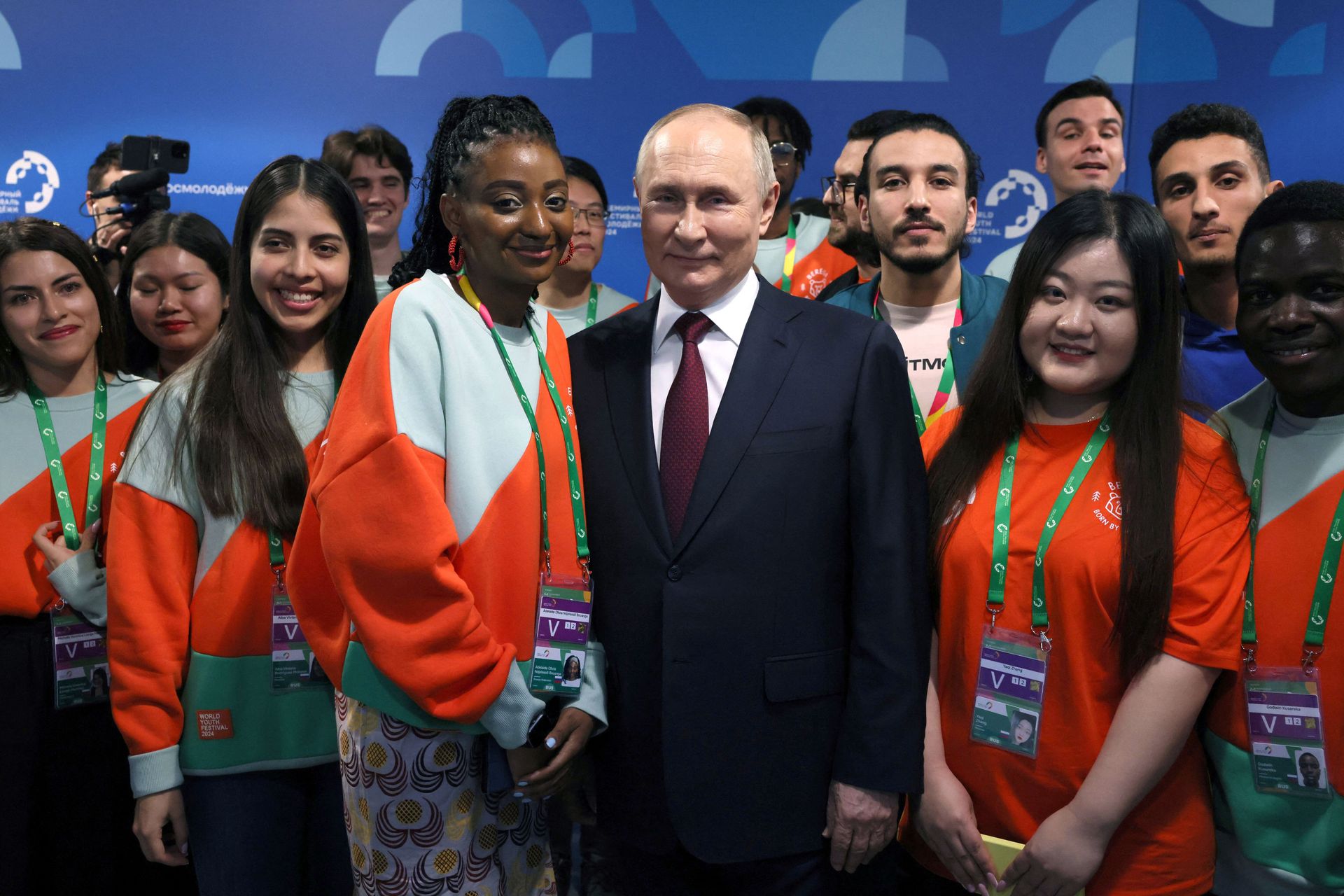UEFA pays $13 million in 'solidarity' money to Russian football clubs while Ukraine fails to receive funds, Guardian reports

Russian football clubs were paid more than 10.8 million euros ($12.6 million) in "solidarity" funds by the Union of European Football Associations (UEFA) after they were banned from European competitions following Russia's full-scale invasion of Ukraine, the Guardian reported on Aug. 8.
At the same time, five Ukrainian clubs have not received similar payments due to restrictions by a Swiss bank, allegedly because they are located in a "zone of military operations," the news outlet wrote.
While Russian clubs were banned from playing in national competitions – including UEFA events – in the wake of Moscow's full-scale invasion of Ukraine in 2022, UEFA has not suspended the membership of the Russian football federation.
According to the Guardian, UEFA paid around 3.3 million euros ($3.8 million) in solidarity payments to the Russian football association in the 2022-2023 season, 3.38 million euros ($3.9 million) in the 2023-2024 season, and 4.2 million euros ($4.9 million) in the 2024-2025 season — as well as 6.2 million euros ($7.2 million) for the 2021-2022 season.
In turn, five Ukrainian clubs, namely Chornomorets and Real Pharm from Odesa, IFC Metalurg from Zaporizhzhia, FSC Phoenix-Mariupol, and FC Metalist 1925 from Kharkiv, did not receive "solidarity" payments for the 2023-2024 and 2024-2025 seasons.
FSC Phoenix-Mariupol relocated first to Kyiv Oblast and then to Lviv after Russia occupied Mariupol in 2022, a step taken by many other clubs whose hometowns were captured by Russian forces.
The clubs' directors wrote an official complaint to UEFA President Aleksander Ceferin on July 27, saying the payments were withheld due to "unclear requirements" of a Swiss bank related to the football clubs' location in the war zone.
Solidarity funds are usually intended for clubs that fail to perform at the domestic level to enter European competitions.
UEFA has promised to provide an official response to the Guardian, but has not issued a response since, the outlet wrote.
Russian clubs, athletes, and national teams have been banned from competitions across multiple sports in response to the full-scale invasion of Ukraine.
Kyiv has appealed to the international community to maintain and tighten the ban, protesting also against Russians and Belarusians taking part in the competition as neutral athletes.
UEFA has repeatedly come under scrutiny for its approach toward Russia and its teams amid the war in Ukraine.
While initially barring Russian clubs from all of its events in February 2022, the association attempted to ease the restrictions the following year by allowing Russian teams under the age of 17 to compete. UEFA withdrew the move following international opposition.











